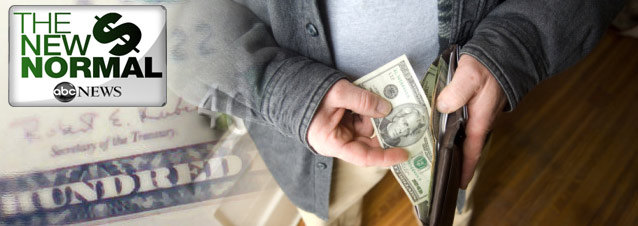It's tax filing season. Here is a roundup of useful resouces for preparing and filing your taxes:
- How to File Taxes For Free: Free File and Free Tax Software (GenXFinance.com)
Excellent advice on finding ways to avoid paying a preparation and filing charges when you e-file your taxes. In my case, I have used TaxAct.com, which gives you free federal e-filing regarding of income level (I don't qualify for income-limited tax filing products). TaxAct.com does nag you to upgrade, but you can always click "later." As someone who is leery of putting tax data online, I am glad that TaxAct.com offers free download of their tax software that you can install on your computer. No, I don't get a cent from endorsing TaxAct.com, I'm just a long-time satisfied customer. As for my state taxes, I use my state's free e-filing. It's barebones but it works. - Open Tax Solver
Open Tax Solver (OTS) is a free program for calculating Tax Form entries and tax-owed or refund-due, such as Federal or State personal income taxes. The complete version of OTS for the 2009 tax year has been released. It contains the updated US 1040 with Schedules A, B, C, and D. It also contains the State Tax form updates for California, New York, Pennsylvania, New Jersey, North Carolina, Massachusetts, Ohio, and Virgina. - 10 Most Overlooked Tax Deductions (WalletPop.com)
- The Audit (Examination) Process - The IRS explains what triggers an audit.
- Paper Records: What to Keep, What to Toss (Kiplinger.com) -- good advice on what paperwork you need to keep, especially for the IRS
- Saving Grace Period for Flex Accounts (Kiplinger.com) -- How to make the most of money left in your flex account.









